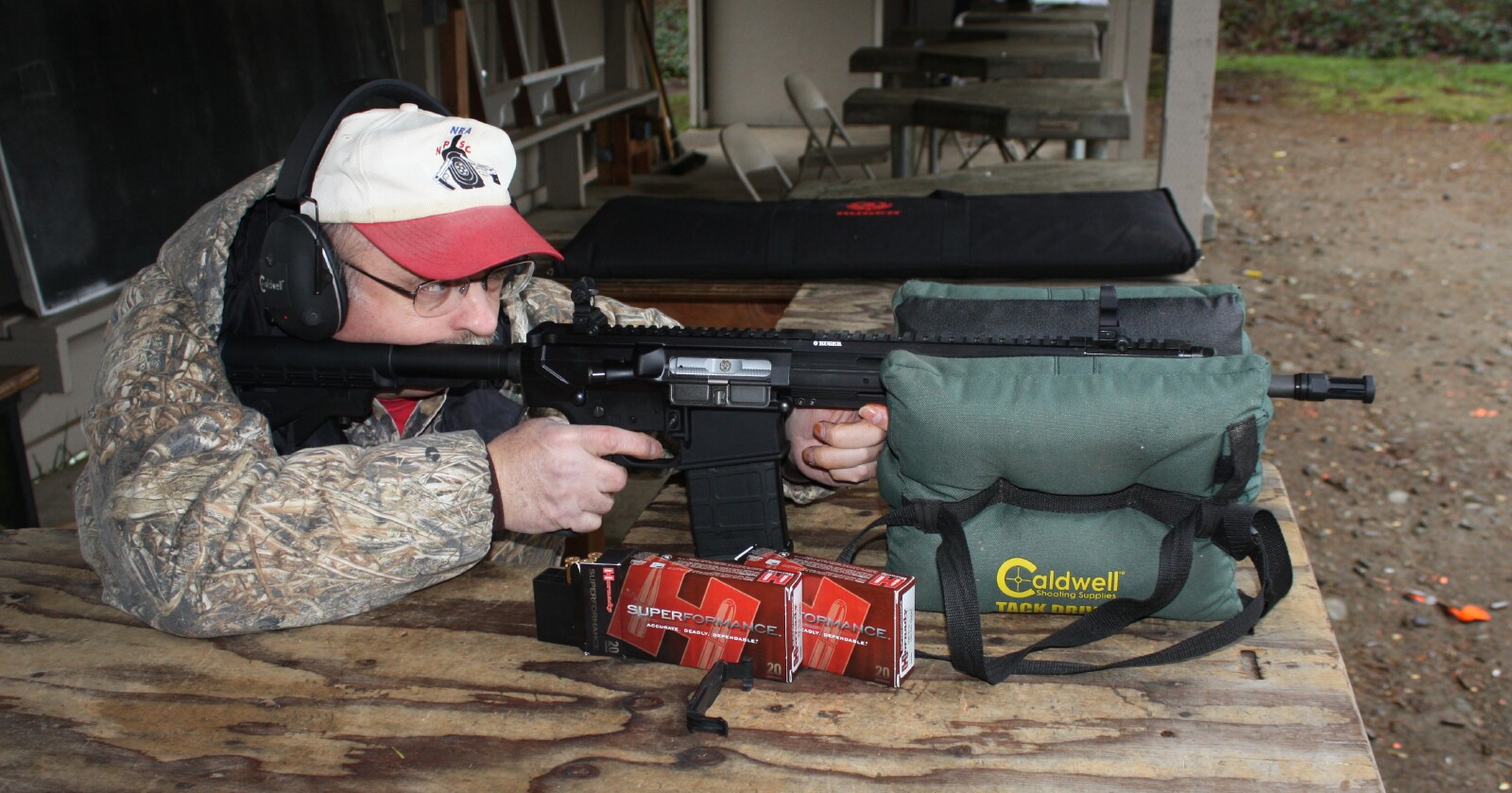
By Dave Workman
Editor-in-Chief
In a setback for gun rights activists, a federal district judge in Tacoma has denied a request from gun rights organizations for a preliminary injunction blocking enforcement of the law pending a trial.
The motion was filed by the Second Amendment Foundation (SAF) and Firearms Policy Coalition (FPC), a business in Vancouver and three private citizens.
In his 14-page order, U.S. District Judge Robert J. Bryan, a Ronald Reagan appointee, wrote, “While no U.S. Circuit Court of Appeals has ruled on this issue, other district courts have held that several regulations in our Nation’s history are sufficiently analogous to newly passed assault weapons bans to justify those bans and defeat motions for preliminary injunction consistent with the Second Amendment.”
But this case is far from over. As noted by KTAR News, “A U.S. Supreme Court decision last June expanded gun rights, dividing judges and sowing confusion over what restrictions can remain on the books. It made more explicit that gun laws must be consistent with the “historical tradition of firearm regulation.”
Near the end of his order, the judge observed, “Considering the exceptional dangerousness of these weapons, the public interest in their regulation by the State outweighs the Plaintiffs’ desire to purchase more assault weapons. In light of recent mass deaths caused by assailants using assault weapons, it is appropriate for governmental bodies to find ways to protect the public from dangerous weapons, within the limits of the Second Amendment.”
But in the Supreme Court’s Bruen ruling nearly one year ago, Justice Clarence Thomas, writing for the 6-3 majority, observed, “If a ‘core’ Second Amendment right is burdened, courts apply ‘strict scrutiny’ and ask whether the Government can prove that the law is ‘narrowly tailored to achieve a compelling governmental interest.’…Otherwise, they apply intermediate scrutiny and consider whether the Government can show that the regulation is ‘substantially related to the achievement of an important governmental interest.’ Both respondents and the United States largely agree with this consensus, arguing that intermediate scrutiny is appropriate when text and history are unclear in attempting to delineate the scope of the right.
“Despite the popularity of this two-step approach,” Thomas continued, “it is one step too many. Step one of the predominant framework is broadly consistent with Heller, which demands a test rooted in the Second Amendment’s text, as informed by history. But Heller and McDonald do not support applying means-end scrutiny in the Second Amendment context. Instead, the government must affirmatively prove that its firearms regulation is part of the historical tradition that delimits the outer bounds of the right to keep and bear arms.”
A few pages later, Justice Thomas added, “We declined to engage in means-end scrutiny because ‘[t]he very enumeration of the right takes out of the hands of government—even the Third Branch of Government—the power to decide on a case-by-case basis whether the right is really worth insisting upon.’ We then concluded: ‘A constitutional guarantee subject to future judges’ assessments of its usefulness is no constitutional guarantee at all.’”
Democrat Washington Attorney General Bob Ferguson tweeted smugly, “We remain undefeated against the gun lobby in court. This common-sense gun reform will save lives by restricting access to the preferred weapon of mass shooters.”
In a statement to the Seattle Times, SAF Executive Director Adam Kraut said the ban, “prevents Washingtonians from being able to fully exercise their right to keep and bear arms.”
“We are currently reviewing our legal options to determine our pathway forward,” Kraut stated.
FPC Action Foundation senior attorney Cody Wisniewski said he was disappointed with the ruling but said the fight to protect “the people’s natural right to self-defense” will continue.



